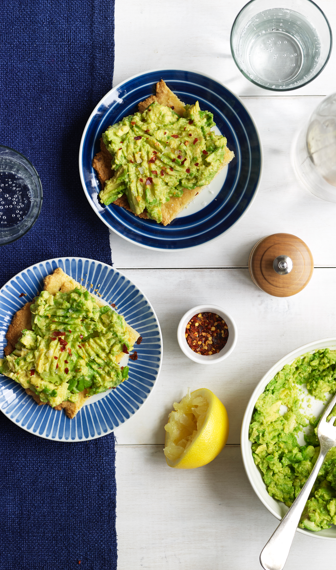Recently, as readers of this newsletter know, award winning science reporter Gary Taubes published a best-selling book that questioned the wisdom of low-fat diets and backed up every claim with copious research (over 100 pages worth of footnotes and references). Now a popular magazine has followed suit. The generally excellent Men’s Health magazine has published a well-researched and carefully argued article called “What if Bad Fat Were Actually Good for You?”
Hard as it may be to believe, the concept that fat always raises the risk of heart disease is a flimsy–albeit entrenched–hypothesis at best. In the Men’s Health article, reporter Nina Telcholz looks at the four studies that are generally used to support this theory (and yes, there are really only four). All have holes in them big enough to drive a Humvee through. And, as author Nina Telcholz points out, the most recent (and expensive, at $725 million) diet study yet, the Women’s Health Initiative, showed that a low fat/ low saturated fat had virtually no benefit whatsoever in reducing heart disease and stroke rates in the 20,000 women who adhered to it for an average of 8 years.
Reporter Telcholz actually wrote about the LDL particle size issue that the authors of the “study” discussed above conveniently forgot to investigate. She correctly points out that studies show that when people replace carbohydrate in their diet with fat–even with saturated fat–the number of small, dense (and damaging) LDL-b particles actually decreases. This may be of more importance than your total cholesterol reading, or even your total LDL cholesterol reading. It’s those small dense particles that are athrogenic, and it’s far better to have a somewhat higher LDL reading with fewer LDL-b’s than it is to have a lower LDL reading in which most of those LDL particles are “the bad guys.”
Case in point: The work of Jeff Volek, RD, PhD, a researcher at the University of Connecticut. Volek–whose rigorous research has been published –found that overweight men and women on a low-carb diet who consumed 36 grams of saturated fat a day actually reduced their number of small dense LDL particles (the real “bad” guys) and reduced their triglycerides (by a whopping 51%). Many researchers consider triglycerides to be more of a risk factor for heart disease than cholesterol ever was.
“The message isn’t that you should gorge on butter, bacon and cheese,” says Volek. “It’s that there’s no scientific reason that natural foods containing saturated fat can’t, or shouldn’t, be part of a healthy diet.”

